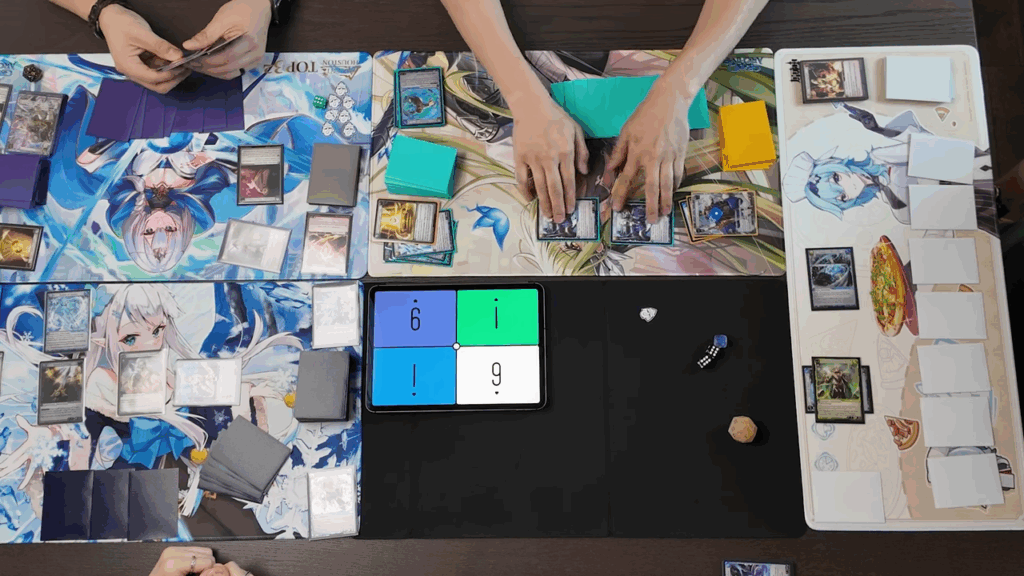Trading card games have always been rooted in competition—player versus player, winner takes all. But lately, a new kind of gameplay experience has been quietly gaining momentum: solo and cooperative modes. From casual-friendly variants to full-on campaign systems, these alternate ways to play are starting to reshape how people enjoy TCGs.
And honestly? It makes a lot of sense.
The shift: It’s not always about beating your opponent

For a long time, the idea of playing a TCG without a direct opponent seemed odd. But games like Marvel Champions and Arkham Horror: The Card Game proved there’s a real appetite for immersive, narrative-driven solo and co-op formats. Even newer competitive games like Lorcana and One Piece Card Game now have fan-made solo rules that are being embraced by players who want to practice or just chill.
What’s driving this shift? A few things:
- Not everyone has a regular playgroup
- Some players prefer narrative over cutthroat matches
- A lot of us just want to enjoy our cards on our own terms
Games are starting to build around it
What used to be the domain of homebrew rules is now becoming a legitimate design priority. Altered, for example, offers free online solo play right out of the gate. Grand Archive players are working on (unofficial) co-op gameplay modes. Even Flesh and Blood, known for its hyper-competitive PvP, has supposedly started dipping its toes into the idea of creating a PvE format long ago.

These aren’t just gimmicks. They’re carefully designed ways to use your existing decks and skills in a different context—whether that’s surviving waves of enemies, solving a puzzle, or fighting a boss with friends.
It’s good for beginners—and burnt-out veterans
If you’re new to a game, co-op and solo play gives you a pressure-free way to learn mechanics and experiment with builds. You can take your time and make mistakes without getting stomped in a tournament setting.
And for long-time players? It’s a welcome break. When you’re not grinding the meta or prepping for events, these modes let you appreciate the game world and card interactions in a slower, more creative way. No win-loss record. No timers. Just vibes.
A community that plays more, stays more
Co-op and solo play options aren’t replacing competitive formats—they’re complementing them. By giving players more ways to interact with the game, developers are building healthier ecosystems. People stick around longer. Lapsed players come back. And locals have more reason to run events that appeal to a broader crowd, not just the hyper-competitive few.
In the end, it’s about flexibility. TCGs are no longer just head-to-head duels—they’re evolving into experiences that can fit into your life, no matter your schedule, mood, or group size.
So next time you see a “Boss Battle” or “Solo Challenge” in your favorite TCGs, give it a shot. You might be surprised how much fun it is when the only person you’re trying to outplay… is the game itself.
Check out our other articles!
Read More:
Who Makes Better Deck Boxes: QAT or Ultra Pro? – VRSUS
Which Trading Card Game Is The Best Fit For You? – VRSUS
Flesh and Blood Pro Tour London Keynote – Everything You Need to Know – VRSUS





